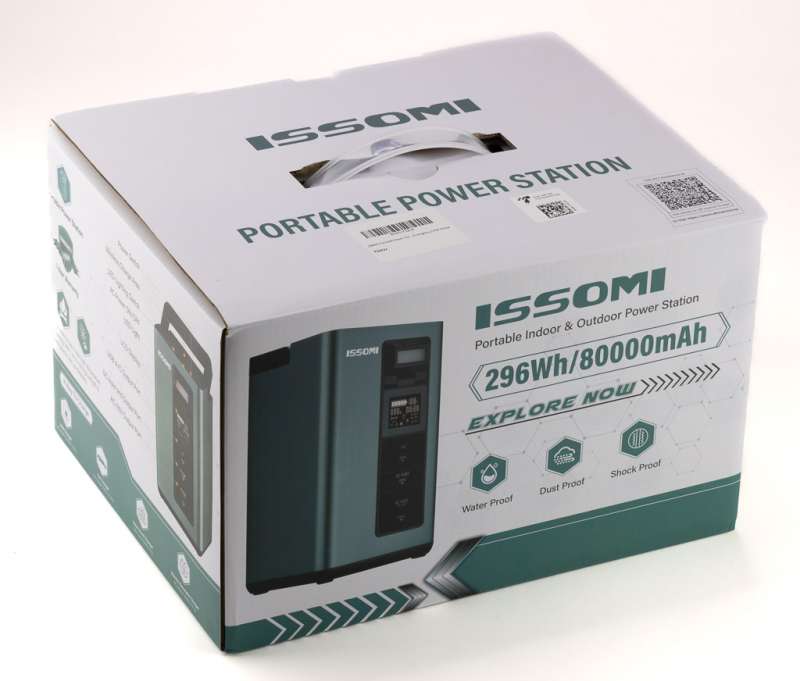
The Issomi Power Station is a crucial facility that generates electricity for a large region. However, like any complex system, it may encounter issues and require troubleshooting to ensure uninterrupted power supply. In this comprehensive guide, we will explore the common problems that may occur at the Issomi Power Station, along with step-by-step troubleshooting techniques to resolve them.
Power outages can occur due to various reasons, such as equipment failure, transmission line issues, or external factors like severe weather conditions. Identifying the cause of the power outage is crucial for effective troubleshooting.
Equipment malfunction is another common problem at power stations. This can include issues with generators, transformers, circuit breakers, or control systems. Identifying the specific equipment causing the problem is the first step in troubleshooting.
Voltage fluctuations can lead to instability in the power supply, causing damage to electrical equipment or disrupting operations. These fluctuations can be caused by issues with voltage regulators, faulty connections, or inadequate load management.
System overload occurs when the power demand exceeds the capacity of the power station. This can lead to overheating, tripped circuit breakers, or even equipment damage. Identifying the areas of high power demand and implementing load management techniques can help resolve this issue.
Before starting the troubleshooting process, it is essential to gather information about the problem. This includes identifying the affected area, checking for any alarms or error messages, and reviewing the system logs for any relevant details.
Once the initial assessment is complete, the next step is to isolate the problem area. This involves a systematic approach of checking different components and systems to identify the source of the issue. This can be done by conducting visual inspections, performing tests, or using diagnostic tools.
Analyzing data and logs can provide valuable insights into the root cause of the problem. This includes reviewing historical data, system logs, and any available sensor readings. Analyzing this information can help identify patterns or anomalies that may be contributing to the issue.
Performing diagnostic tests can help further narrow down the cause of the problem. This can include conducting electrical tests, using specialized equipment to measure voltage or current, or performing thermographic inspections to identify overheating components.
Once the problem is identified, it is crucial to implement the appropriate corrective actions. This can include repairing or replacing faulty equipment, adjusting settings or configurations, or implementing load management strategies. It is important to follow safety protocols and manufacturer’s guidelines during this process.
After implementing the corrective actions, it is essential to test and monitor the system to ensure that the problem has been resolved. This can involve conducting performance tests, observing system behavior, and analyzing data to ensure stable and reliable power supply.
Troubleshooting issues at the Issomi Power Station requires a systematic approach and a sound understanding of the power generation system. By following the step-by-step techniques outlined in this guide, power station operators can effectively identify and resolve common problems, ensuring uninterrupted power supply to the region. Regular maintenance, monitoring, and training can also help prevent issues and improve the overall performance of the power station.
